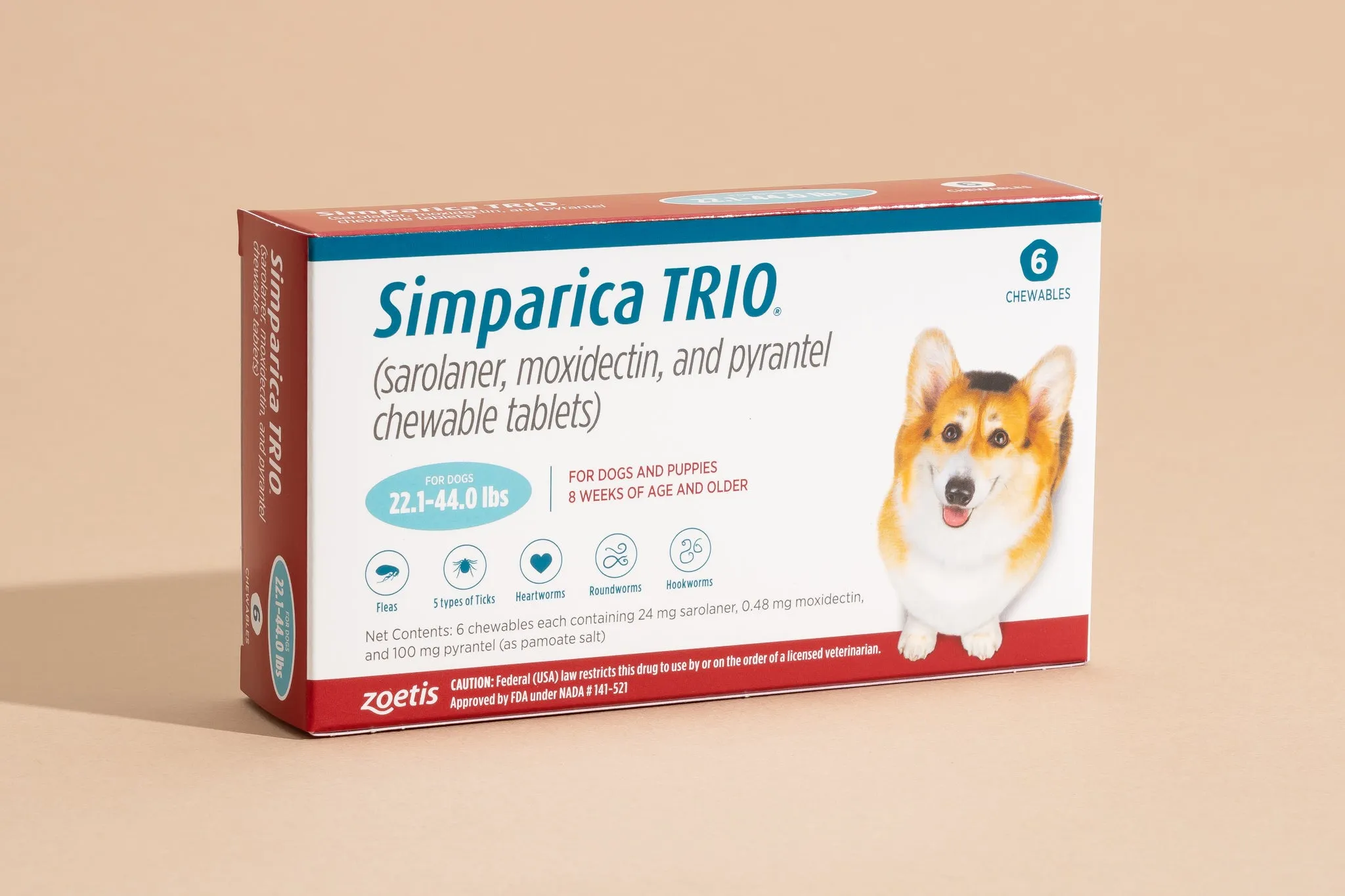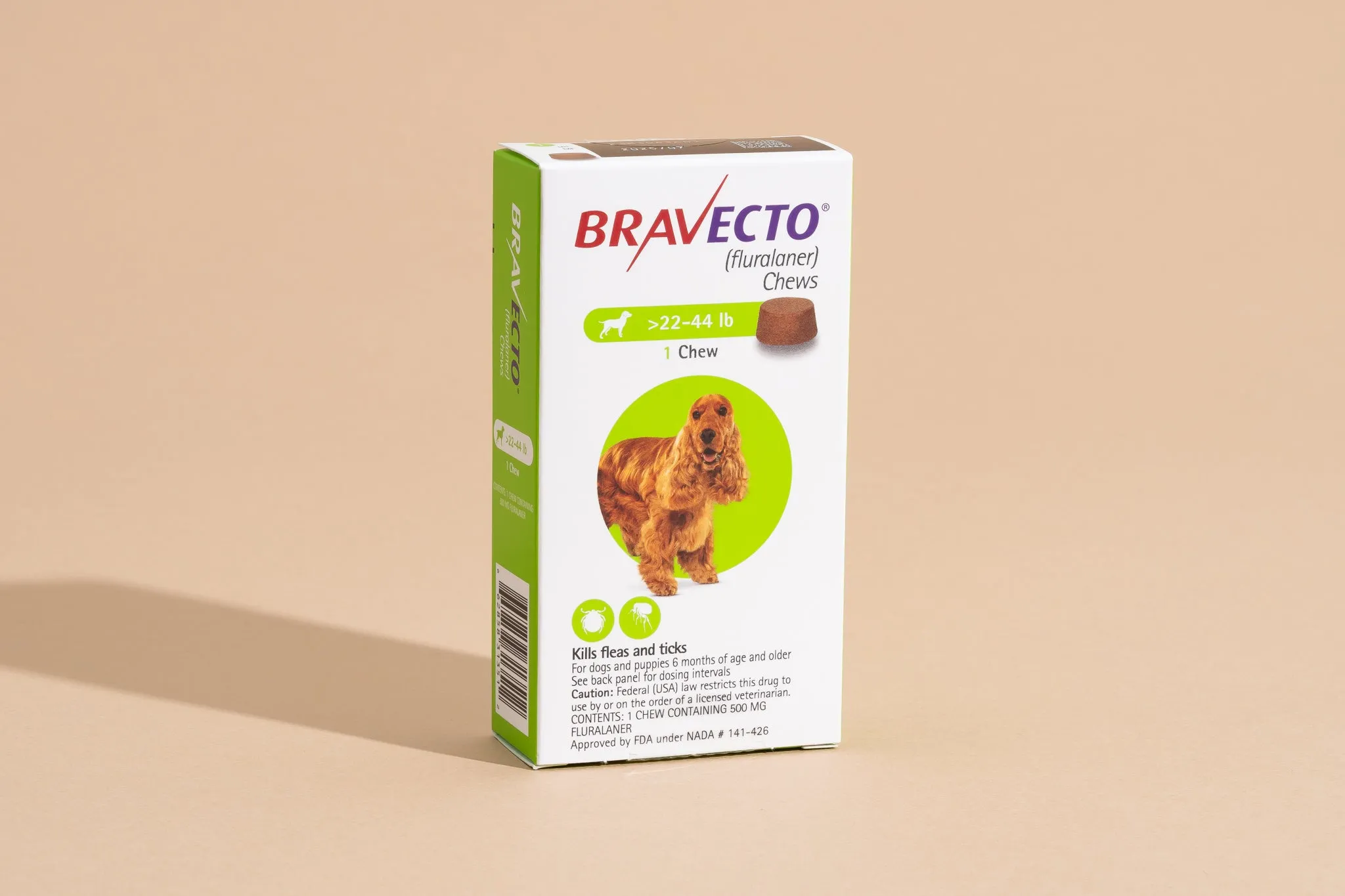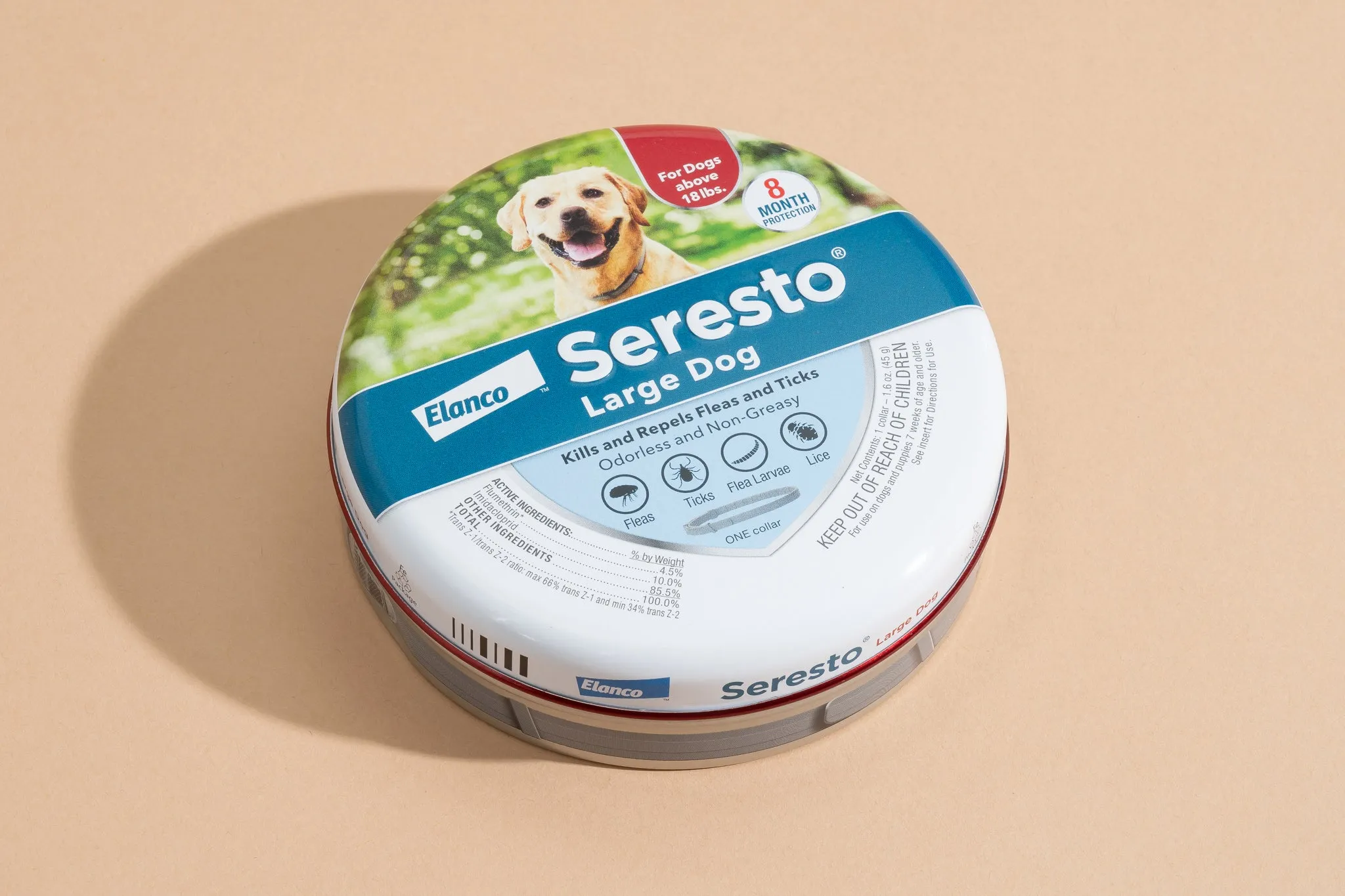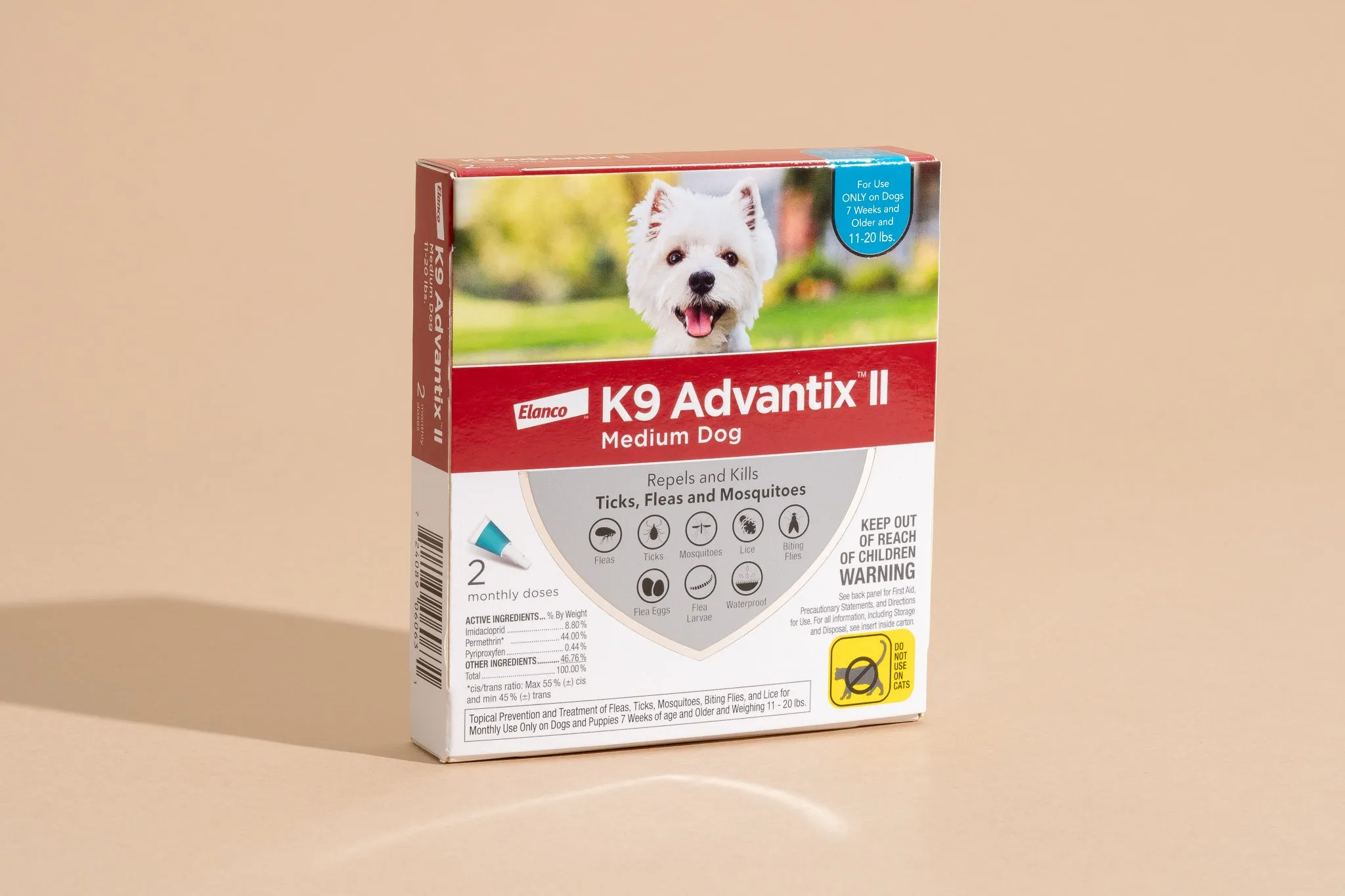Welcoming a new puppy into your home is a joyous occasion, filled with wagging tails, playful nips, and endless cuddles. However, beneath their innocent charm lies a vulnerability to various parasites that can severely impact their health and development. Fleas, ticks, and intestinal worms are not just a nuisance; they can cause anemia, malnutrition, discomfort, and even transmit serious diseases to your young companion. This makes finding the Best Flea And Worm Treatment For Puppies a critical part of responsible pet ownership.
Puppies, with their developing immune systems and often curious, exploratory natures, are particularly susceptible to parasitic infestations. Early and effective prevention is paramount to ensuring they grow into healthy, happy adult dogs. Navigating the myriad of available treatments can be overwhelming, with options ranging from chewable tablets to topical solutions and collars. This guide will delve into why prevention is so crucial for puppies, what key factors to consider when choosing a treatment, and review some of the top products available to help you make an informed decision for your furry family member.
The Importance of Early Flea and Worm Prevention for Puppies
Puppies are highly vulnerable to parasites, and ignoring prevention can lead to serious health consequences. Fleas and ticks can cause intense itching, skin infections, and transmit diseases like Lyme disease and Rocky Mountain spotted fever. A severe flea infestation can even lead to life-threatening anemia in small puppies due to significant blood loss.
Internal parasites like roundworms and hookworms are also incredibly common in puppies. They can be transmitted from the mother before birth or through nursing, as well as from the environment. These worms can steal vital nutrients, leading to stunted growth, a dull coat, a pot-bellied appearance, vomiting, diarrhea, and general ill health. Heartworm, transmitted by mosquitoes, is another silent killer that, if left untreated, can cause severe lung disease, heart failure, and death. Starting treatment early, often from around 6-8 weeks of age, is crucial. If you suspect your puppy has an infestation, common signs include excessive scratching, visible fleas or flea dirt, coughing, a swollen belly, or worms in their stool. For comprehensive defense, many veterinarians recommend a combined approach for flea and ear mite treatment for dogs as ear mites can also be a hidden issue for young pups.
What to Look for in a Flea and Worm Treatment for Your Puppy
Choosing the right parasite treatment for your puppy isn’t a one-size-fits-all decision. Several factors need careful consideration to ensure both efficacy and safety:
- Age and Weight Suitability: This is perhaps the most critical factor for puppies. Most treatments have strict minimum age and weight requirements. Administering a product meant for older or larger dogs can be dangerous, leading to overdose or adverse reactions. Always check the product label carefully and ensure your puppy meets the specified criteria.
- Spectrum of Protection: Consider which parasites are prevalent in your area and what your puppy is at risk for. Some treatments only target fleas, while others offer broad-spectrum protection against fleas, ticks, heartworm, and intestinal worms. An all-in-one solution can simplify treatment, but sometimes a combination of products is needed.
- Safety of Active Ingredients: Puppies are more sensitive to chemicals. Research the active ingredients and consult your veterinarian about their safety profile for young, developing dogs. For example, some ingredients may be toxic to cats, requiring careful separation if you have a multi-pet household.
- Type of Administration: Treatments come in various forms, each with its own pros and cons for puppies:
- Chewable Tablets: Often palatable and easy to administer with food. They work systemically (through the bloodstream) and are generally unaffected by bathing or swimming.
- Topical Spot-Ons: Applied to the skin between the shoulder blades. They can be effective but require careful application and may need the puppy to stay dry for a period. Some may be repellant, killing parasites on contact.
- Collars: Offer long-lasting protection, usually through active ingredients embedded in the collar that spread over the skin and coat. However, some puppies might find them uncomfortable, and there have been safety concerns with certain brands in the past.
- Consulting Your Veterinarian: This cannot be stressed enough. Your vet knows your puppy’s specific health history, breed, and local parasite risks. They can recommend the most appropriate, safe, and effective treatment plan tailored to your puppy’s individual needs and schedule their initial deworming and vaccination protocols.
Top Picks for Flea and Worm Treatments for Puppies
Based on efficacy, safety for young dogs, and comprehensive protection, here are some of our recommended flea and worm treatments. Remember to always consult your veterinarian before starting any new medication for your puppy.
Simparica Trio Chewable Tablets for Dogs: Our Comprehensive Choice for Puppies
 A box of Simparica Trio Chewable Tablets, an all-in-one flea, tick, and worm treatment for puppies.
A box of Simparica Trio Chewable Tablets, an all-in-one flea, tick, and worm treatment for puppies.
Simparica Trio is often hailed as a top contender for the best flea and worm treatment for puppies due to its broad-spectrum, all-in-one protection. This monthly, prescription-only chewable tablet targets an impressive range of parasites, making it a highly convenient option for busy puppy parents. It effectively kills fleas and five types of ticks (including black-legged, brown dog, American dog, lone star, and Gulf Coast ticks), prevents heartworm disease, and treats common intestinal parasites like hookworm and roundworm.
What makes Simparica Trio particularly suitable for puppies is its approved use in dogs eight weeks of age and older, weighing at least 2.8 pounds. This means many puppies can start protection early in their lives. The tablet’s liver flavor often makes it palatable, simplifying administration. It contains three active ingredients: sarolaner (an isoxazoline that kills fleas and ticks), moxidectin (for heartworm prevention), and pyrantel (to tackle hookworms and roundworms). This multi-ingredient approach provides robust protection and can even help control existing home flea infestations when all pets are treated consistently. While it’s a fantastic all-rounder, always discuss with your vet if your puppy is in an area with Asian longhorned ticks, as it’s not currently labeled for them.
Bravecto Chew for Dogs: Long-Lasting Flea & Tick Control for Puppies
 A box of Bravecto Chew for Dogs, providing long-lasting flea and tick prevention for puppies.
A box of Bravecto Chew for Dogs, providing long-lasting flea and tick prevention for puppies.
For puppy parents seeking extended protection against external parasites, Bravecto Chew for Dogs offers a unique solution. Its key advantage is its long-lasting efficacy, killing fleas and many types of ticks for up to 12 weeks with a single chew. This significantly reduces the frequency of administration compared to monthly treatments, offering great convenience. Bravecto is also one of the few treatments noted for killing the Asian longhorned tick, which is a growing concern in some regions.
The active ingredient, fluralaner (another isoxazoline), works systemically to kill fleas and ticks once they bite your puppy, helping to control infestations both on your pet and in your home environment. However, it’s crucial to note that Bravecto Chew does not prevent heartworm or treat intestinal worms like hookworm and roundworm. Therefore, if you choose Bravecto for your puppy, you will need to supplement it with a separate dewormer and heartworm preventative as recommended by your veterinarian. Bravecto is approved for puppies from 6 months of age and weighing 4.4 pounds and up, making it suitable for older puppies, but not necessarily the youngest ones. It should be given with food to ensure proper absorption. When considering various options for external parasites, it’s useful to understand the home remedy for fleas and ticks for dogs too, as a natural first line of defense or complement.
Seresto Flea and Tick Collar for Dogs: External Parasite Defense for Puppies
 A Seresto Flea and Tick Collar in its protective tin, suitable for external parasite control in puppies.
A Seresto Flea and Tick Collar in its protective tin, suitable for external parasite control in puppies.
The Seresto Flea and Tick Collar offers a different approach to parasite control, providing long-term protection against fleas and ticks for up to eight months. Unlike systemic treatments that require parasites to bite the animal, Seresto works by releasing its active ingredients (imidacloprid and flumethrin) onto the dog’s skin and coat, effectively killing and repelling fleas and ticks on contact. This repellent action can be particularly beneficial in preventing tick-borne diseases, as it aims to stop ticks from attaching in the first place, minimizing the risk of transmission.
The collar comes in two sizes, including one for “small dogs” up to 18 pounds, making it an option for many puppies. It’s a convenient, set-it-and-forget-it solution for several months. However, similar to Bravecto, the Seresto collar only addresses external parasites; it does not protect against heartworm, hookworm, or roundworm. Puppy parents will need to ensure their vet provides a separate deworming and heartworm prevention plan. While effective, there have been some safety concerns regarding the collar’s release mechanism and potential adverse reactions in some dogs, so close monitoring is advised, especially for active puppies. Always ensure the collar is fitted correctly to prevent injury or snagging.
K9 Advantix II Flea and Tick Spot Treatment for Dogs: Topical Repellent for Puppies
 A box of K9 Advantix II Flea and Tick Spot Treatment, a topical repellent for puppies.
A box of K9 Advantix II Flea and Tick Spot Treatment, a topical repellent for puppies.
K9 Advantix II is a monthly, over-the-counter topical spot treatment that offers comprehensive protection against a variety of external parasites. Applied directly to the skin, it not only kills fleas, ticks, and lice but also repels them, along with mosquitoes and biting flies. This repellent action is a significant advantage, as it means parasites are less likely to bite your puppy in the first place, further reducing the risk of disease transmission. It contains imidacloprid (for fleas) and permethrin (a repellent insecticide).
K9 Advantix II is suitable for puppies 7 weeks of age and older, and in various weight ranges starting from 4 pounds, making it accessible for many young pups. However, it’s critical to remember that this product is highly toxic to cats. If you have cats in your household, treated dogs must be kept separated from them for at least 24 hours after application to prevent accidental exposure. Like Seresto and Bravecto, K9 Advantix II does not provide protection against internal parasites like heartworm, hookworm, or roundworm, so a separate medication will be needed for comprehensive internal parasite control. For those dealing with internal parasites that might be missed by external treatments, exploring oral medication for ear mites in dogs or general dewormers is a crucial part of puppy care. Also, understanding if ear mites in dogs transfer to humans can inform broader household prevention strategies.
Choosing the Right Treatment for Your Puppy
Selecting the best flea and worm treatment for puppies is a highly individualized decision. Each product offers distinct advantages and limitations. Simparica Trio stands out for its all-in-one convenience and broad-spectrum internal and external parasite control, suitable for many young puppies. Bravecto offers unparalleled longevity for flea and tick prevention, though it requires separate worming. Seresto and K9 Advantix II provide excellent external parasite defense, including repellent action, but also necessitate a separate internal parasite protocol, with K9 Advantix II carrying a strong warning for cat owners.
Ultimately, the most effective approach for your puppy will be one discussed and decided upon with your veterinarian. They can help assess your puppy’s age, weight, health status, lifestyle, and your local parasite risks to recommend a tailored and safe prevention plan. Regular veterinary check-ups and adherence to recommended deworming and vaccination schedules will further ensure your puppy’s long-term health and well-being.
Conclusion
Protecting your puppy from fleas, ticks, and worms is a fundamental aspect of their care, laying the groundwork for a lifetime of good health. While products like Simparica Trio, Bravecto, Seresto, and K9 Advantix II offer powerful solutions, the “best” choice is always the one that is safest and most effective for your individual puppy, as determined by a veterinary professional. Prioritizing early, consistent prevention, and maintaining open communication with your vet will empower you to keep your new companion happy, healthy, and parasite-free.
For more comprehensive advice on maintaining your dog’s health, including the best way to kill ear mites in dogs and understanding other common canine ailments, explore the other valuable resources available on Dog Care Story.
References
- Companion Animal Parasite Council (CAPC)
- Centers for Disease Control and Prevention (CDC)
- Zoetis (Manufacturer of Simparica Trio)
- Merck Animal Health (Manufacturer of Bravecto)
- Bayer Animal Health (Manufacturer of Seresto)
- Elanco (Manufacturer of K9 Advantix II)
- PetMD. (n.d.). Pyrantel Pamoate. Retrieved from
https://www.petmd.com/pet-medication/pyrantel-pamoate - Springer Link. (2021). Moxidectin. Retrieved from
https://link.springer.com/article/10.1186/s13071-021-05104-7 - National Pesticide Information Center (NPIC). (n.d.). Imidacloprid. Retrieved from
http://npic.orst.edu/factsheets/imidagen.html - The New York Times Wirecutter. (2024). Original source of product reviews.
